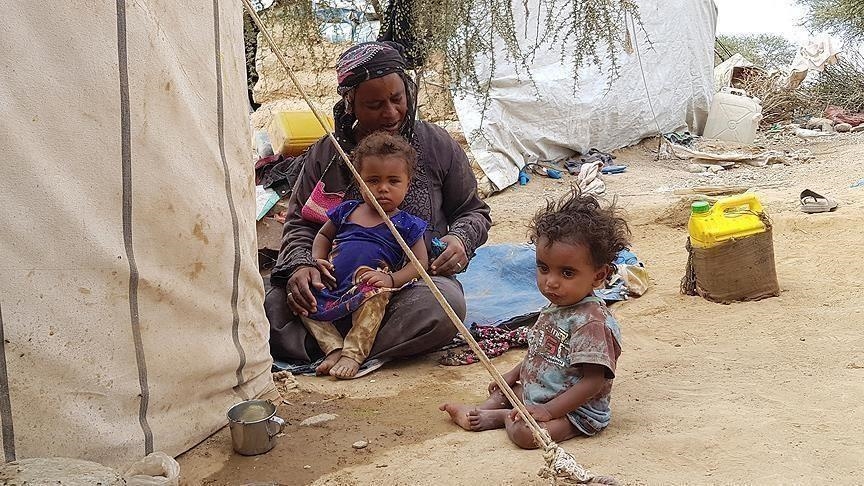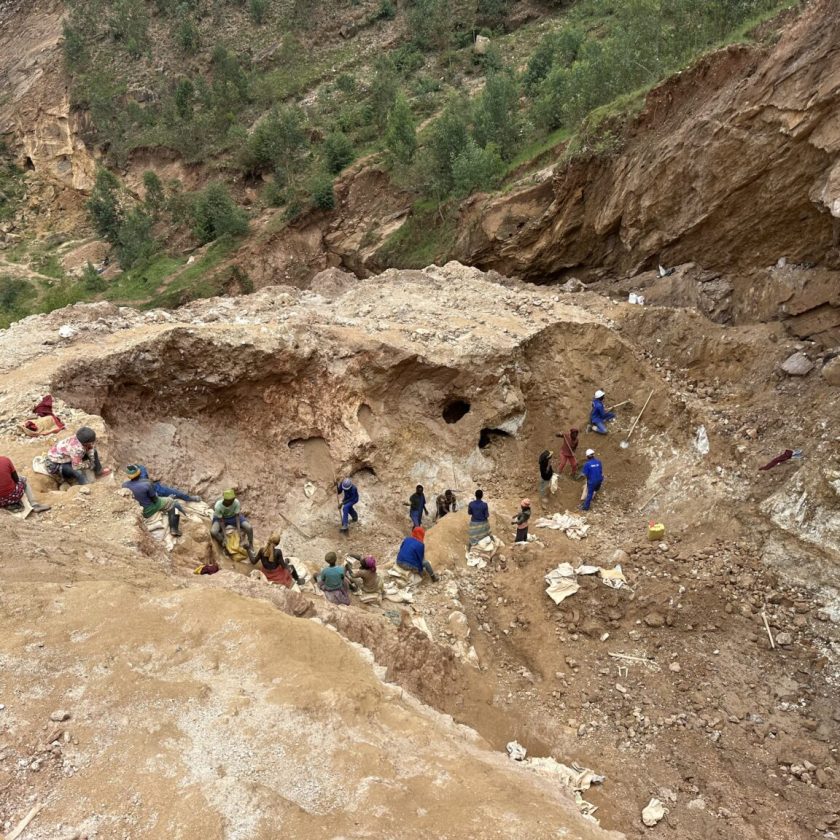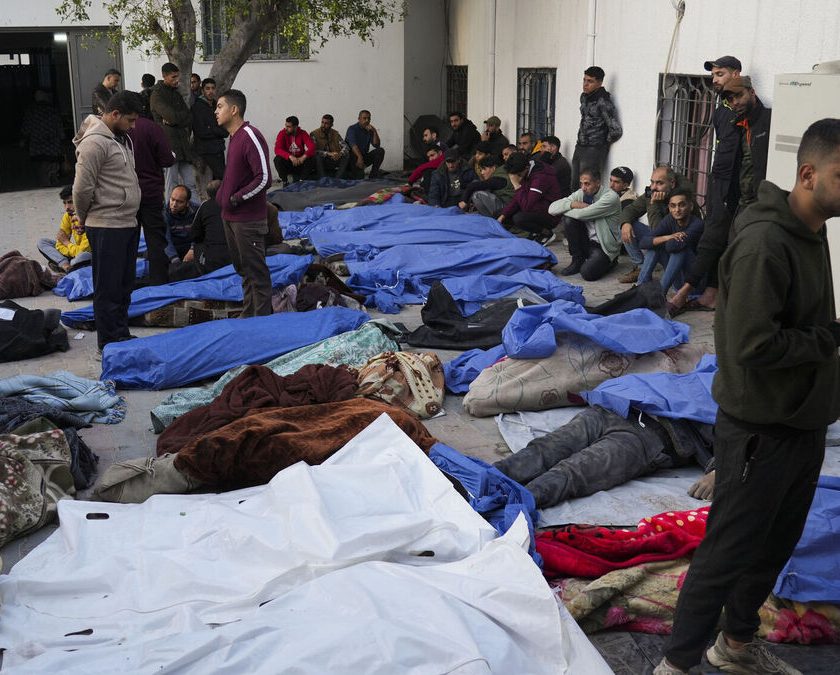“The number of children under the age of five suffering acute malnutrition, or wasting, rose by 34 per cent compared to the previous year … affecting over 600,000 children, including 120,000 children who are severely malnourished,” UNICEF said of the latest report by the Integrated Food Security Phase Classification (IPC) initiative, of which it is a part.
Yemen has been engulfed in a devastating conflict since 2014 between the internationally recognised government, supported by a Saudi-led military coalition, and the Iran-backed Huthi rebels.
The turmoil has plunged the country, already the poorest in the Arabian Peninsula before the war, into one of the worst humanitarian crises in the world.
“The sharp rise is driven by the compounded effect of disease outbreaks (cholera and measles), high food insecurity, limited access to safe drinking water, and economic decline,” the UN children’s agency added.
The IPC data covers 117 government-controlled areas, all of which are expected to experience high levels of malnutrition between July and October.
Some areas have been categorized as having “extremely critical” levels of acute malnutrition, the most severe rating with a prevalence above 30 percent, for the first time.
Take international news everywhere with you! Download the France 24 app
“The report confirms an alarming trend,” said UNICEF representative in Yemen, Peter Hawkins, as several international organisations have scaled back their operations in the country due to a lack of funding.
The World Food Program “is currently forced to provide smaller-sized rations and these findings should be a wakeup call that lives are at stake,” said Pierre Honnorat, the agency’s Yemen director.
“It is critical to step up support to the most vulnerable who could sink deeper into food insecurity and malnutrition if current low levels of humanitarian funding persist,” he warned.
SOURCE:AFP





